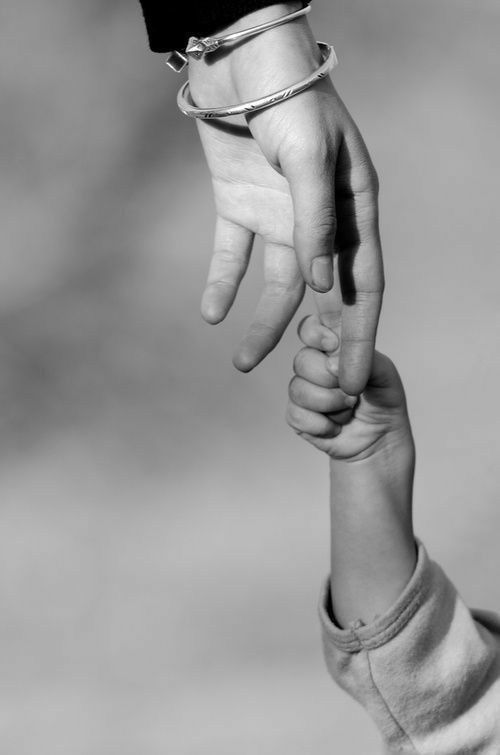The Myth of the Perfect Relationship: How Healthy Couples Communicate,Recover, and Reconnect
- Eugenia De Marco
- Oct 25
- 2 min read

Despite what many believe, there’s no such thing as a perfect relationship. Even the
most loving and emotionally intelligent couples face moments of disagreement,
discomfort, and distress. Conflict is not a sign of failure — it’s part of being human.
The real question is: what makes a conflict healthy or unhealthy?
What helps one couple grow stronger while another drifts apart?
Through my work in relationship counseling and couples therapy, I’ve observed that
healthy relationships share a few essential qualities.
Communication: The Foundation of Every Healthy Relationship
We often hear that communication is key — and that’s true. But effective communication
in relationships isn’t only about what we say; it’s about how we say it.
Healthy communication happens when both partners feel safe expressing their thoughts
and emotions without fear of criticism or judgment.
It’s not about winning an argument — it’s about understanding and being understood.
In couples therapy, I often see how shifting from a language of blame (“you never
listen”) to one of collaboration (“I feel unheard”) can completely change the emotional
tone of a relationship.
Empathy and curiosity turn conflict into connection.
Recovery: How Emotionally Intelligent Couples Reconnect After Conflict
Every couple argues. What matters is what happens after.
Healthy couples demonstrate faster and deeper recovery. They know how to process
their emotions, self-soothe, and return to the relationship with empathy and care.
This skill — emotional recovery — is a cornerstone of emotional intelligence.
It doesn’t mean avoiding hard conversations; it means managing emotions in a way that
protects the bond.
In relationship counselling, we often work on recovery strategies like:
Taking intentional pauses to self-regulate.
Reaching out to reconnect after tension.
Repairing with openness (“I see how I hurt you, and I want to make it right”).
These small moments of repair rebuild trust and emotional safety.
Responsibility: Owning Your Part in the Story
Healthy couples take responsibility for their part in conflict.
No relationship issue is ever 100% one person’s fault — even in painful situations, both
partners contribute to the dynamic in some way.
This perspective isn’t about self-blame; it’s about self-awareness.
When partners reflect on their triggers, reactions, and communication patterns, they
shift from defending their ego to protecting their connection.
In therapy, this is often the turning point: when both individuals move from power
struggles to shared accountability. That’s where real growth happens.
The Rooted Self: The Hidden Ingredient of Healthy Love
Every healthy relationship begins with two rooted selves.
Each person brings emotional stability, self-knowledge, and clarity about their needs
and boundaries.
Without this foundation, communication gets clouded by fear, projection, and
misinterpretation.
The more we understand our own inner world, the better we can understand our
partner’s.
In relationship counselling, I often remind couples:
“The health of your relationship depends on the health of the individuals within it.”
When we take care of our emotional world, we bring more authenticity, compassion, and
balance to our relationship.



Comments